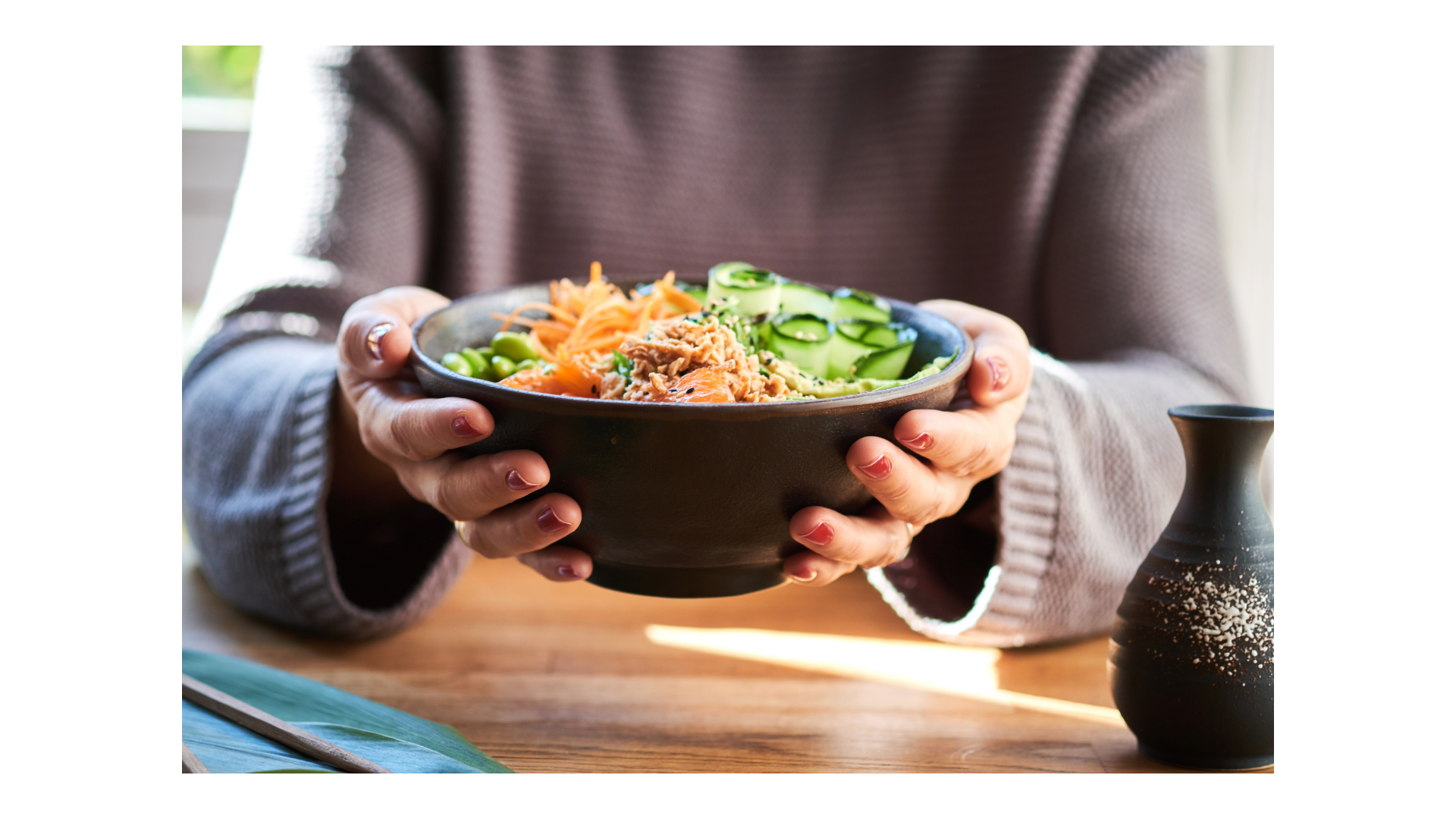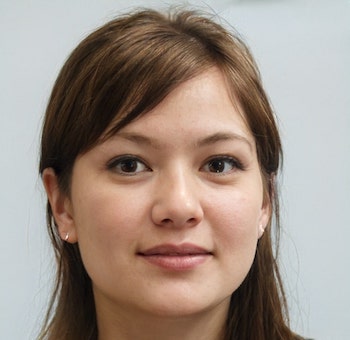Introduction
Menopause is a significant transition in a woman's life, marking the end of her reproductive years. While in Western medicine, menopause is primarily understood through hormonal changes, particularly a decline in estrogen and progesterone, Traditional Chinese Medicine (TCM) provides a holistic perspective on this natural process. In this blog, we’ll explore both viewpoints and discuss how herbs can be used to support hormonal balance during menopause.

The Western View: Hormonal Changes During Menopause
From a Western perspective, menopause is characterized by a decrease in ovarian function, leading to reduced production of estrogen and progesterone. These hormonal changes cause a range of symptoms, including:
- Hot flashes & night sweats: Due to fluctuating estrogen levels.
- Mood changes & irritability: Resulting from hormonal imbalances affecting neurotransmitters like serotonin.
- Insomnia & fatigue: Hormonal shifts can disrupt sleep patterns.
- Vaginal dryness & decreased libido: A result of reduced estrogen affecting mucosal tissue.
Treatment in Western medicine may involve hormone replacement therapy (HRT) to alleviate symptoms and maintain hormonal balance.
The TCM View: Kidney Yin Deficiency and the Menopausal Transition
In TCM, menopause is viewed as a natural phase of life, primarily associated with a decline in Kidney Yin, which governs the body's essence and foundational energy. As Yin diminishes, Yang can rise unchecked, leading to symptoms similar to those described in Western medicine, but understood differently in TCM:
- Hot flashes & night sweats are viewed as excess heat from Yin deficiency.
- Mood changes are seen as imbalances in the Liver Qi, which is responsible for the smooth flow of emotions. Liver Qi stagnation can also create heat.
- Insomnia is related to the Heart and Kidneys not harmonizing, with the Shen (mind) being disturbed by Yin deficiency.
The decline of yin, causes heat sensations. TCM aims to nourish the Kidney Yin, clear the heat, balance the Liver, Kidneys, and Heart, and restore overall harmony in the body to ease symptoms of menopause.
One of the most common herbal formulas is Balance Spring.
Herbs for Hormonal Balance in Menopause
These herbs are commonly used in TCM to support women through menopause by addressing the imbalances in Yin, Blood, and Qi, while also having benefits from a Western medicinal perspective:

Shan Yao (Rhizoma Dioscoreae, Chinese Yam)
- TCM Benefits: Shan Yao tonifies Kidney and Spleen Qi while nourishing Yin. It helps alleviate symptoms like dryness, fatigue, and hot flashes by enhancing fluid retention and overall energy.
- Western Benefits: Rich in phytoestrogens, which mimic estrogen, and diosgenin, a precursor to progesterone, Shan Yao supports hormonal balance, regulates blood sugar, and promotes energy and metabolism.

Bai Shao (Radix Paeoniae Alba, White Peony Root)
- TCM Benefits: Bai Shao nourishes Liver Blood, softens the Liver (regulates emotions), and astringes Yin to reduce sweating. It is particularly effective for calming irritability, relieving cramps, and reducing night sweats.
- Western Benefits: This herb has antispasmodic, anti-inflammatory, and sedative properties, making it helpful for mood swings, menstrual cramping, and hot flashes.

Ze Xie (Rhizoma Alismatis, Water Plantain)
- TCM Benefits: Ze Xie drains dampness and clears heat from the Kidneys. By promoting water metabolism, it helps reduce edema, bloating, and heat symptoms like hot flashes.
- Western Benefits: Its diuretic properties help regulate fluid balance, potentially lowering blood pressure and reducing fluid retention—a common issue during hormonal shifts.

Wang Bu Liu Xing (Semen Vaccariae)
- TCM Benefits: Wang Bu Liu Xing moves Blood and reduces stagnation, promoting circulation and addressing issues like breast tenderness and emotional disturbances related to Liver Qi stagnation.
- Western Benefits: Known for its anti-inflammatory and analgesic properties, it supports healthy blood circulation and may help alleviate aches, pains, and mood disturbances during menopause.

Bai Zhu (Rhizoma Atractylodis Macrocephalae)
- TCM Benefits: Bai Zhu strengthens the Spleen Qi, reduces dampness, and supports digestion. It helps with fatigue, bloating, and loose stools, which are often linked to Spleen Qi deficiency during menopause.
- Western Benefits: Bai Zhu is an adaptogen that supports the immune system, regulates gastrointestinal health, and improves energy levels, all of which are crucial for maintaining balance during menopause.

Fu Ling (Poria)
- TCM Benefits: Fu Ling strengthens the Spleen, drains dampness, and calms the Shen (spirit). It's excellent for relieving anxiety, digestive disturbances, and insomnia.
- Western Benefits: Fu Ling has anti-inflammatory and antioxidant effects, promoting gut health and stress relief. Its calming properties make it a natural option for reducing mood swings and sleep disturbances.

Chuan Xiong (Rhizoma Chuanxiong, Szechuan Lovage Rhizome)
- TCM Benefits: Chuan Xiong moves Qi and invigorates Blood, making it helpful for headaches, dizziness, and mood imbalances related to Blood stagnation. It is also used to alleviate menstrual pain and promote smooth energy flow.
- Western Benefits: With anti-inflammatory and vasodilating properties, Chuan Xiong enhances blood flow and oxygenation, which can help reduce the severity of hot flashes and tension headaches.

Dang Gui (Radix Angelicae Sinensis, Female Ginseng)
- TCM Benefits: Dang Gui nourishes and invigorates the Blood, regulates menstruation, and relieves pain. It’s used for dry skin, fatigue, and emotional symptoms of menopause by nourishing Blood and Yin.
- Western Benefits: Dang Gui is known for its phytoestrogen content and its ability to balance hormone levels naturally. It supports cardiovascular health, has anti-inflammatory effects, and promotes emotional well-being.
The Combined Approach: TCM & Western Strategies for Menopausal Balance
Combining TCM and Western medicine can provide a holistic approach to menopause. TCM focuses on nourishing Kidney Yin, moving Qi and Blood, and calming the spirit, while Western approaches often involve addressing hormone levels and specific symptoms. Using TCM herbs like Shan Yao, Bai Shao, and Dang Gui can complement a natural approach to hormonal health, offering support for the wide range of symptoms women may experience during menopause.
RELATED: Are Herbs Safe for Estrogen-Positive Cancers?
What if you aren't experiencing symptoms of menopause?
Should you still consider supplementing? The answer is yes. Even if you’re not facing classic symptoms like hot flashes, night sweats, or mood swings, there can be silent changes happening within your body that are important to address. The decrease in estrogen post-menopause affects cardiovascular health, increases inflammation, and reduces bone density, which may not present obvious external signs. Adding supportive herbs or foods rich in phytoestrogens, like tofu, can help protect heart health, maintain bone density, and keep inflammation in check. Incorporating these preventive strategies ensures that you're addressing the underlying health changes occurring, even if you feel symptom-free.
Conclusion
Menopause doesn't have to be a challenging phase—by integrating TCM and Western perspectives, you can naturally balance hormones and ease symptoms. The right combination of herbs can provide gentle, effective support to help you thrive during this transformative stage of life. For a personalized plan, consider consulting with a licensed acupuncturist or herbalist to find the right balance for your body.
Dr. Kyle Burton Offers TeleHealth Appointments for Herbal and Supplement Support

Dr. Kyle Burton, DAOM, NCCAOM, LAC



